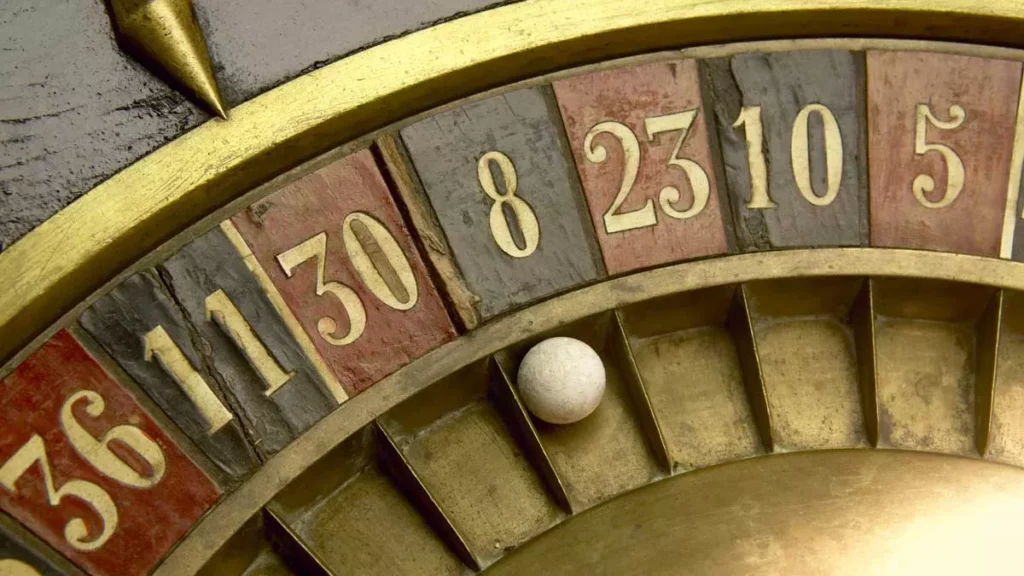Roulette, with its iconic spinning wheel and thrilling bets, has captured the hearts of gamblers for generations. But have you ever wondered about the captivating origin of this classic casino game? In this article, we’ll embark on a journey through time to uncover the enigmatic beginnings of roulette.

1. The Birth of Roulette:
Roulette’s origin is steeped in mystery and intrigue. While the game’s invention is often attributed to the brilliant French mathematician and philosopher Blaise Pascal, its true birth remains shrouded in controversy. In the 17th century, Pascal was on a quest to create a perpetual motion machine, a device that could operate indefinitely without an external energy source. Although his experiment ultimately failed, it inadvertently led to the creation of the roulette wheel.
2. The Early Roulette Wheel:
Pascal’s original roulette wheel bore little resemblance to the modern version we know today. It featured numbered pockets, but the numbers did not add up to the standard 36. Some even claim that the game was inspired by an ancient Chinese board game called “Baige Piao,” or “white pigeon ticket,” which was a precursor to modern roulette.
3. French Connection:
Roulette’s transformation from a scientific curiosity into a popular casino game took place in France during the 18th century. French mathematician and physicist, Blaise Pascal’s work laid the foundation for the game. The French, known for their passion for gaming, introduced the single zero on the wheel, creating the European roulette variant. This modification reduced the house edge, making it a more enticing game for gamblers.
4. The American Twist:
In the 19th century, roulette crossed the Atlantic and found its way to the United States. Here, the game underwent another transformation, with the addition of a double zero pocket, creating American roulette. This extra pocket increased the house edge, making American roulette slightly more challenging than its European counterpart.
5. The Enduring Mystery:
The true origin of roulette may forever remain an enigma, with multiple theories and legends surrounding its creation. Regardless of its origin, roulette has evolved into a timeless classic, offering players the thrill of chance and the allure of the spinning wheel.
In conclusion, the origin of roulette is a tale of accidental invention and gradual evolution. From the mathematical experiments of Blaise Pascal to the modern variations found in casinos worldwide, the game’s allure remains as strong as ever. Whether you’re a seasoned player or a novice, the mysterious birth of roulette adds an extra layer of fascination to the game’s timeless charm.